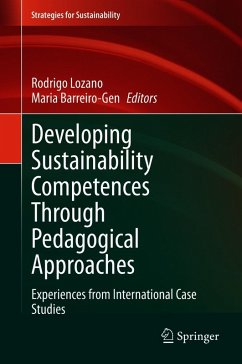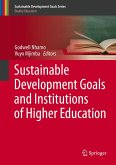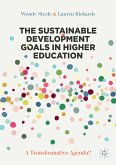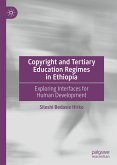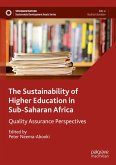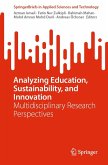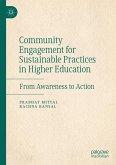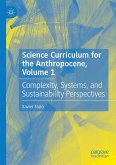This book is aimed at developing sustainability competences through pedagogical approaches by comparing 15 case studies from 12 countries in 4 continents (Africa, America, Australia, and Europe) analysing how Sustainable Development (SD) is being taught in their courses, which competences are being developed, and which pedagogical approaches are being used to develop the competences. The book brings together practice-based original research on the connection between developing sustainability competences and the pedagogical approaches used, utilizing a framework aimed at helping educators in creating and updating their courses to provide a more complete, holistic, and systemic sustainability education to future leaders, decision makers, educators, and change agents. Compared to previous works addressing SD in education, which often mostly cover tools for improving the sustainability of campus operations, this approach uses assessment tools to uniquely focus on how courses and programmes (i.e. curricula) incorporate SD. Through the case studies, readers will learn about how the 3 major groups of pedagogical approaches have been used: (1) Universal, meaning broadly applicable pedagogies that have been used in many disciplines and contexts; (2) Community and social justice, which are pedagogies developed specifically for use in addressing social justice and community-building; and (3) Environmental education, which are pedagogies emerging from environmental sciences and environmental education practices.
Dieser Download kann aus rechtlichen Gründen nur mit Rechnungsadresse in A, B, BG, CY, CZ, D, DK, EW, E, FIN, F, GR, HR, H, IRL, I, LT, L, LR, M, NL, PL, P, R, S, SLO, SK ausgeliefert werden.

